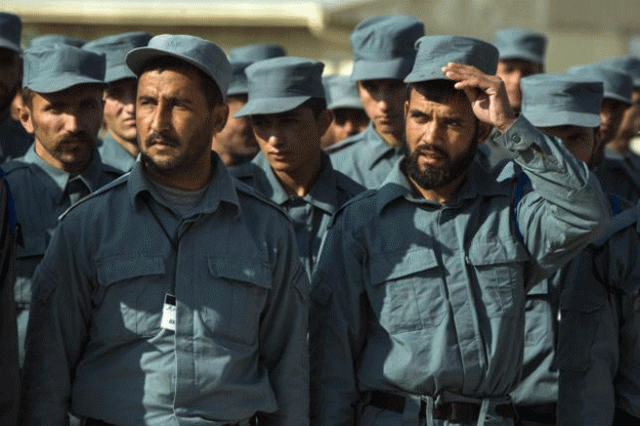11 Afghan police get year in jail over mob killing of woman
Judge Safiullah Mujadidi freed eight other officers accused of failure to carry out their duty for lack of evidence

PHOTO: REUTERS
Judge Safiullah Mujadidi freed eight other officers accused of failure to carry out their duty for lack of evidence.
The lynching in March of the 27-year-old woman, named Farkhunda, sparked outrage and demonstrations in the Afghan capital even before it was revealed that she had not desecrated Islam's holy book.
Read: Taliban kill at least 13 Afghan police despite peace talks
It prompted rare protests against religious extremism and violence against women in Kabul.
Earlier this month, the same judge sentenced four men to death after they were convicted of murdering Farkhunda. Among them was the caretaker of a local shrine who had accused her of burning the Koran and led the mob that beat her to death and set her body on fire.
Eight others were jailed for 16 years for participating in the attack.
Some of those arrested were tracked down after posting footage of the attack on social media and bragging about taking part.
Afghanistan remains a deeply conservative religious society where many frown on women in the public sphere, more than 13 years after the Taliban's hard-line regime was ousted.
Under the Taliban's five-year rule, women were banned from leaving home without a male guardian, denied education and forced to wear the all-covering burqa.



















COMMENTS
Comments are moderated and generally will be posted if they are on-topic and not abusive.
For more information, please see our Comments FAQ